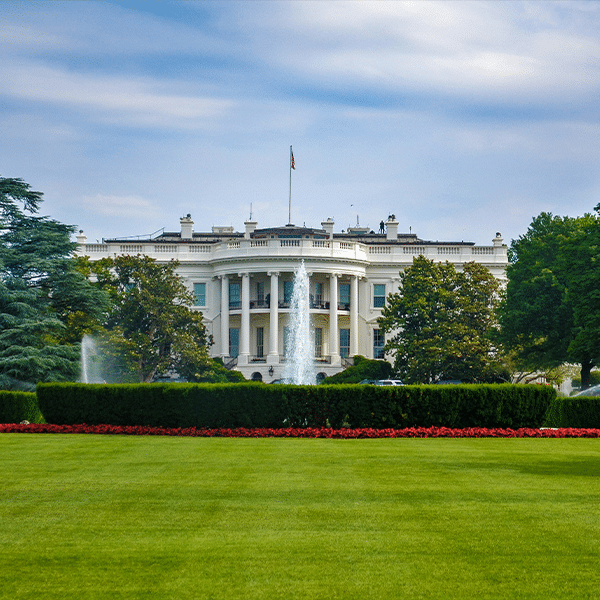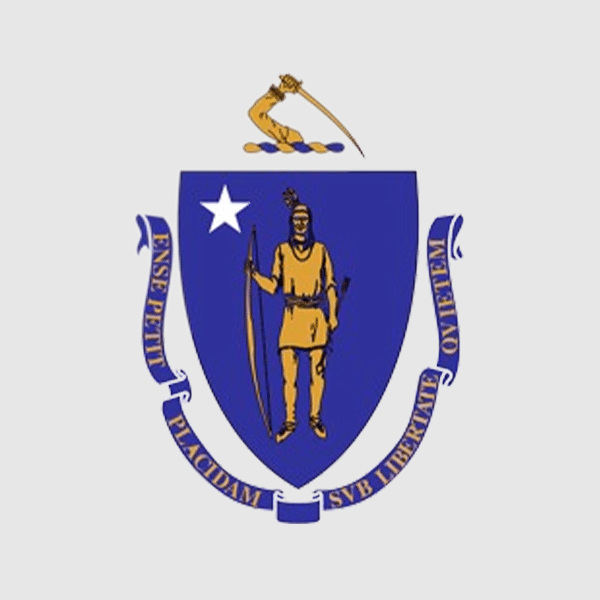Tag: Digital Equity
Update: Federal Government Halts Digital Equity Act, States Respond
Notifications of the termination of Digital Equity Act grants were sent to all states and territories and 65 other organizations.

Texas Pauses State Digital Equity Capacity Grant Program
In November, the NTIA had approved Texas’ Digital Equity Capacity Grant application along with those from several other states.

Massachusetts Announces Launchpad Program With $9M for Digital Equity
The Launchpad Program aims to build upon the successful foundation laid by the six focus areas of the Digital Equity Partnerships Program.

Massachusetts Announces $19M for Statewide Digital Equity Efforts
The additional digital equity funding will enable partners to expand their services to reach more underserved Massachusetts communities.

NTIA Recommends More Than $250M in Grants for Digital Inclusion in 39 States
The NTIA digital inclusion awards include grants for organizations working in 37 states, Washington D.C., and the U.S. Virgin Islands.

NTIA Approves Eight More Digital Equity Grant Applications
This round of NTIA digital equity grants includes more than $76 million for six more states and two U.S. territories.

Baltimore Awards $2M for Internet in Low-Income Households
The Connect Baltimore Broadband Grant Program supports the development of affordable, reliable internet access in neighborhoods most affected by the digital divide.

NTIA Approves Ten States’ Digital Equity Capacity Grant Applications
The NTIA digital equity grants include more than $139 million for nine more states. 44 applications are now approved.

NTIA Approves Four States’ Digital Equity Capacity Grants
The NTIA digital equity grants include more than $61 million for Florida, Iowa, Montana, the Northern Mariana Islands, and Guam.

NTIA Approves Illinois’ Digital Equity Capacity Grant Application
Illinois will use the $23,732,912 of NTIA Capacity Grant funds to create a dashboard to measure progress toward digital equity.

NTIA Adds Seven States to the List of Approved Digital Equity Capacity Grants
The NTIA digital equity grants were approved for New Hampshire, Oregon, South Carolina, South Dakota, Texas, Vermont, and Wyoming.

NTIA Approves Five More States’ Digital Equity Capacity Grant Applications
The NTIA digital equity grants include more than $68 million for Delaware, Louisiana, Missouri, Oklahoma, Puerto Rico, and Tennessee.

NTIA Approves Two More States’ Digital Equity Capacity Grant Applications
The NTIA digital equity grants announced in this round include $5 million for Alaska and $23 million for Ohio.

NTIA Announces Approval of Eleven States’ Digital Equity Capacity Grant Applications
The NTIA digital equity grants include $70M for California, $22M for Georgia, $15M for Indiana, and $8M for New Mexico.

Massachusetts Broadband Institute Grants $1.33M to 19 Communities
The Massachusetts Broadband Institute grants were given to 19 communities. 28 communities participate in the program overall.

Digital Equity the Focus of Recent NTIA, Pennsylvania Broadband Funding Awards
The NTIA award comes from the first round of the Digital Equity Capacity Grant Program, with more than $800M for digital equity plans.

How States Will Utilize Digital Equity Funding: Pew Charitable Trust Analysis
The Pew Charitable Trust’s analysis of 52 plans showed they all name lack of affordable access as the leading barrier to digital equity.

Some Households Gain Connectivity According to Digital Equity Dashboard Refresh
Microsoft provided information from their digital equity dashboard about the top five states areas in three categories.

NTIA Receives 700 Applications for $1B Competitive Grant Program Funding
The Competitive Grant Program is intended to help Americans who don’t have adequate broadband service gain the digital skills they need.

T-Mobile Partners with Boys & Girls Clubs to Promote Digital Access

Charter Awards $1.3M in Digital Equity Education Grants
The funds were awarded through Charter’s Spectrum Digital Education program, which has award more than $10 million since 2017.

Maine’s Opens RFP Process for New 536-Mile Addition to MOOSE Net

NTIA Announces Project LEIA to Address Digital Divide
Project LEIA is designed to help fill the gap in the agencies’ information, building on the data NTIA already has on the digital divide.

New Illinois Partnership Focuses on Digital Equity
The Illinois collaboration is one of several digital equity plans recently announced by carriers and various partners.
